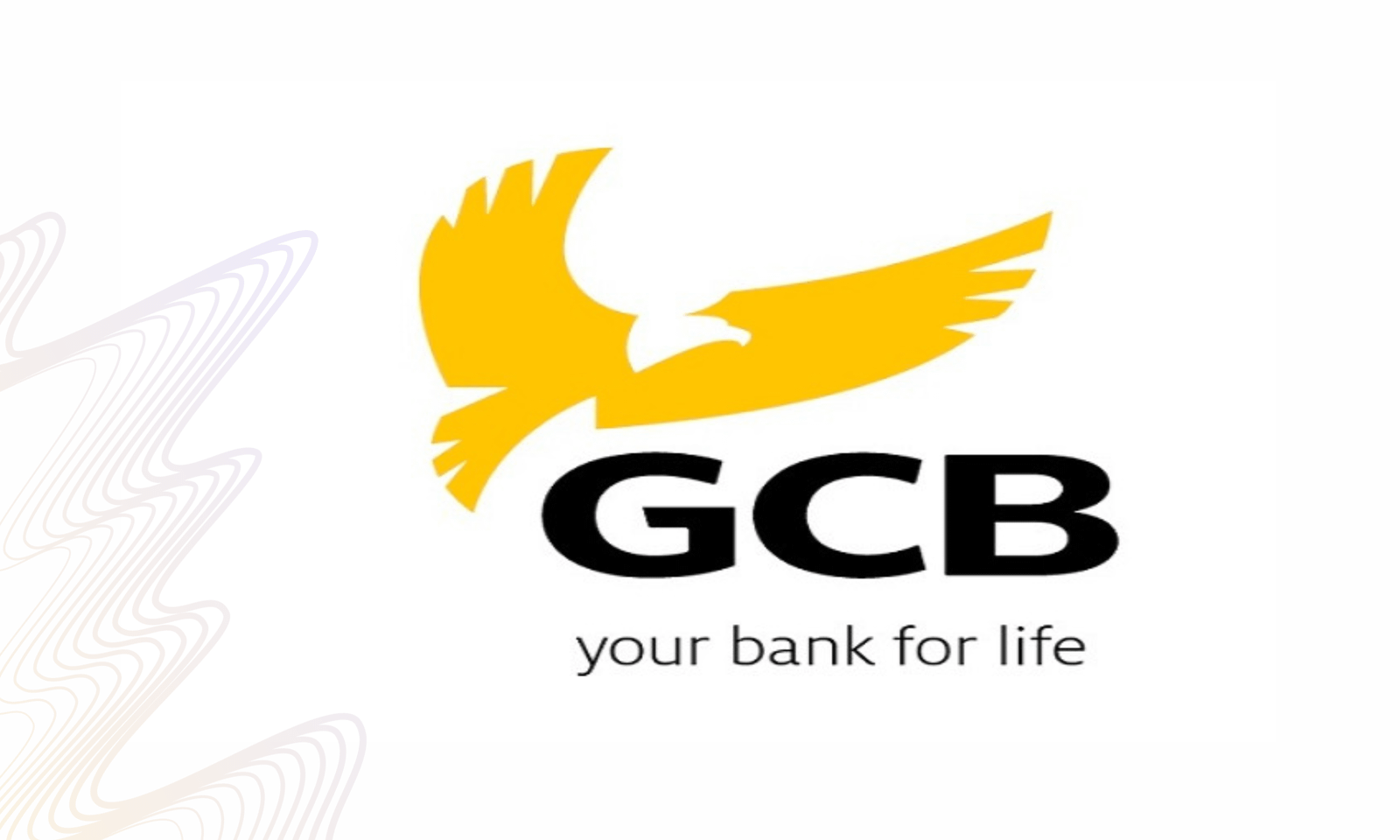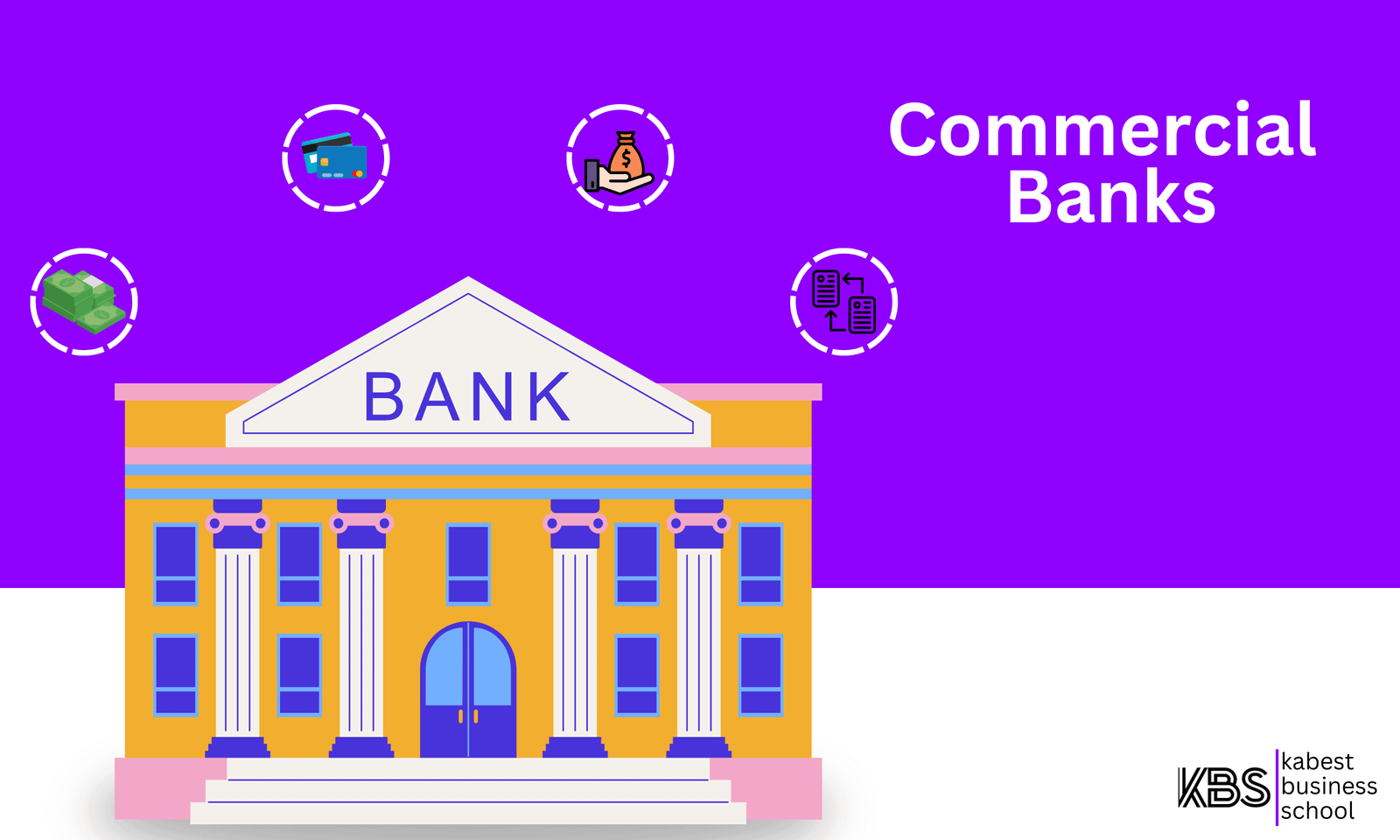Let us say you’ve got a $200.00 that you actually do not want to spend at the moment but you wish to generate some interest from that money by lending it to a borrower. Or you need to borrow some $200.00 for your rounds and pay back with interested. The big question is, how are you going to find the people? To answer this question that is why the banks come in .
Who are the banks?
Banks are financial institutions that exist to store, manage, and loan money. They have become integral parts of our modern society, and like other institutions, they are often seen as symbols of wealth and stability. However, despite their many benefits, banks can also pose risks to their clients if not used properly. Here is everything you need to know about banks and how they can help you grow your wealth and business.
Types of banks
There are several types of banks, including commercial banks, investment banks, and central banks. Commercial banks are the most common, offering services such as checking and savings accounts, loans, and credit cards. Investment banks, on the other hand, focus on helping large companies raise capital through the issuance of stocks and bonds, and also deal with mergers and acquisitions. Central banks are responsible for regulating a country’s monetary policy, and often act as lenders of last resort in times of financial crisis.
Services Banks Offer
Banks offer a wide range of services to their clients. These include checking and savings accounts, mortgages, personal and business loans, credit cards, and investment services such as mutual funds and IRAs. Banks also provide a safe place to store money, with most offering FDIC insurance to protect clients’ funds up to a certain amount.
Risks associated with banks
While banks provide many benefits, there are also risks associated with using banks. These include the possibility of fraud or theft, well as the risk of overdraft fees if clients do not manage their accounts properly. Banks are also subject to economic fluctuations, and may be affected by inflation or currency fluctuations.
Choosing the right bank
When choosing a bank, it’s important to consider factors such as interest rates, fees, and the bank’s overall stability. It’s also important to choose a bank that offers services that meet your specific needs. Banks play an important role in our daily lives, and understanding how they work can help us make informed financial decisions. By choosing a bank that meets our needs and managing our accounts properly, we can benefit from the stability and security that banks provide.
How Banks Make Money
Banks make money through several means. One of the main ways is by charging interest on loans and credit cards. They also earn money through fees, such as ATM fees, overdraft fees, and account maintenance fees. Additionally, banks may invest clients’ deposits in financial markets to generate returns.
Digital Banking
With the rise of technology, digital banking has become increasingly popular. This allows clients to access their accounts and perform transactions online or through mobile apps. Digital banking offers convenience and flexibility, but also carries risks such as cyber attacks and identity theft.

You can now bear witness that your bank gives you the freedom and comfort to sit in your room which is miles away from the bank and still be able to transact with your bank effortlessly. You can easily transfer money from your phone directly to your bank account and also receive money or send money to your love one without you being at the bank physically. This is what is referred to as digital banking.
International Banking
International banking refers to the provision of financial services across borders. It includes services such as foreign currency exchange, international wire transfers, and trade financing. International banking can be complex due to differences in regulations and currencies between countries.
The Future of Banking
The future of banking is likely to involve further advancements in technology, with an increasing focus on digital banking and artificial intelligence. There may also be changes in regulations and policies that affect how banks operate and offer services to clients. As banks continue to evolve and adapt to changing circumstances, it’s important for individuals to stay informed about the latest developments in the industry. By understanding how banks work and staying up-to-date on new trends, individuals can make informed decisions about their finances and benefit from the many services that banks offer.
Ethical Banking
Ethical banking has become a growing trend in recent years, with consumers seeking banks that prioritize social and environmental responsibility. These banks often invest in sustainable projects and support local communities, while avoiding investments in industries such as fossil fuels and weapons manufacturing.
Open Banking
Open banking is a concept that involves sharing financial data between different institutions to provide clients with a more comprehensive view of their finances. This allows clients to manage their accounts more effectively and access personalized financial advice.
Mobile Payments
Mobile payments have become increasingly popular in recent years, allowing clients to make purchases using their smartphones or other mobile devices. This technology offers convenience and security, but also carries risks such as fraud and data breaches.
Financial Education
Financial education has become an important aspect of modern banking, with many institutions offering resources and tools to help clients improve their financial literacy. This includes online courses, workshops, and one-on-one consultations with financial experts.
The world bank has put things in place to educate individuals and other financial institutions on financial literacy and financial management. There are other financial bodies that provide detailed educational contents to its clients.
As the banking industry continues to evolve, it’s important for individuals to stay informed about new developments and trends. By taking advantage of the many services offered by banks, including digital banking, ethical banking, open banking, mobile payments, and financial education resources, individuals can make informed decisions about their finances and achieve greater financial stability and security.





[…] banks are financial institutions that provide banking services and products to individuals and small to […]
[…] supported various sectors of the economy, such as agriculture, industry, trade, and services. The bank has been a pioneer in introducing new products and services, including ATM cards, mobile banking, […]
[…] in Africa, with rich history, clear vision, strong performance, and a culture of innovation. The bank offers a range of products and services that cater to the needs and expectations of its customers […]
[…] journey with minimal financial investment. Learn how to start a business without breaking the bank and maximize your chances of […]
Wow, awesome blog format! How lengthy have you ever been blogging for?
you made blogging glance easy. The whole look of your web site is
great, as well as the content material! You can see similar: ecommerce and here e-commerce
[…] especially if you are not sure where to begin or if you have encountered negative experiences with financial institutions in the past. Nevertheless, the reality of the matter is that with the right knowledge and approach […]
I’d like to find out more? I’d love to find out more details.
Thank you for writing this post. I like the subject too.
I precisely wished to thank you very much yet again. I do not know what I might have gone through without the creative concepts provided by you relating to such area of interest. It truly was the fearsome difficulty in my view, nevertheless coming across the very specialised technique you managed it made me to cry for joy. I am just grateful for your assistance and then hope that you know what a great job that you are getting into teaching many others thru your blog. Most probably you have never encountered any of us.
What’s up i am kavin, its my first time to commenting anywhere, when i read this paragraph i thought i could also make comment due to this sensible post.
Way cool! Some extremely valid points! I appreciate you penning this write-up and also the rest of the website is really good.
One more thing. I really believe that there are many travel insurance web sites of reputable companies than enable you to enter your holiday details to get you the quotes. You can also purchase the actual international travel cover policy on-line by using your credit card. All you have to do will be to enter all travel particulars and you can see the plans side-by-side. Only find the system that suits your finances and needs after which use your bank credit card to buy them. Travel insurance online is a good way to take a look for a respected company with regard to international travel insurance. Thanks for giving your ideas.